Plastic cutlery are good alternative for metal cutlery for chemo mouth distaste feeling. As we all know chemo therapy have side effects which one of them is to change the taste on substances in the patient mouth.
Both the cancer itself and the treatment for it can have an adverse effect on a patient’s ability to taste or smell. It’s possible that many of the meals you eat will seem to have less flavor.
The flavor of some other foods, particularly meat and other foods strong in protein, may be described as bitter or metallic. Issues with your gums and teeth can also have an impact on the flavor of the food you eat.
After treatment has been completed, most people’s altered senses of taste and smell return to normal. However, it could be very long-lasting for certain individuals.
Whether or not chemotherapy (chemo) causes changes in appetite or taste is dependent on the type of chemotherapy that is administered and the dosage that is given. It is essential to have the awareness that these shifts are possible and the knowledge to successfully navigate them.
This may help reduce them, which may assist ensure that you have the greatest experience possible while doing chemotherapy.
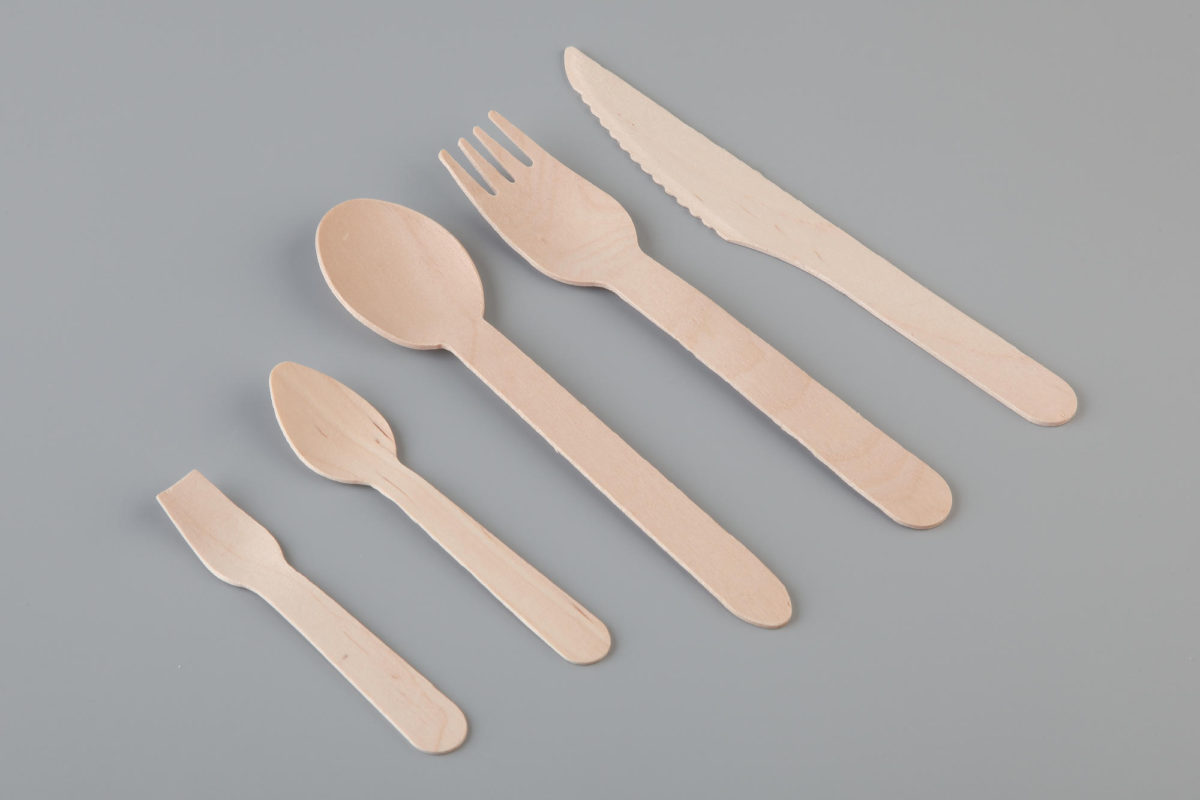
What should I do if I find that my appetite or taste buds have changed?
Take into consideration the following strategies to assist decrease the impact that chemotherapy has on your appetite and sense of taste:
Visit your dentist to rule out the possibility that you have any oral issues that could be affecting the way food tastes or smells.
If you find the taste or smell of red meat to be off-putting, you might prefer white meat, eggs, dairy products, or fish with a more subtle flavor.
Meat, poultry, or fish can be marinated in sweet fruit juices or wine, Italian salad dressing, or sweet-and-sour sauce.
Use only a trace quantity of ingredients that provide a tasty punch, such as basil, oregano, or rosemary.
Unless you have mouth sores, try meals that have a sour flavor, such as oranges or grapefruit
Keep your distance from the odors of cooking.
Foods should be served either chilled or at room temperature.
To impart more taste into vegetables, try using ham, bacon, or onion.
Use plastic utensils if you feel a metallic taste.
At any hour of the day, you should eat meals that you enjoy.
Make sure you have access to foods that are high in calories and protein, and snack on those things throughout the day.
Consume a few, more frequent meals. 5 to 6 times each day as opposed to the traditional three major meals per day.
Inform your healthcare professional if you are experiencing constipation, pain that is not under control, or nausea in order for the problems to be treated.
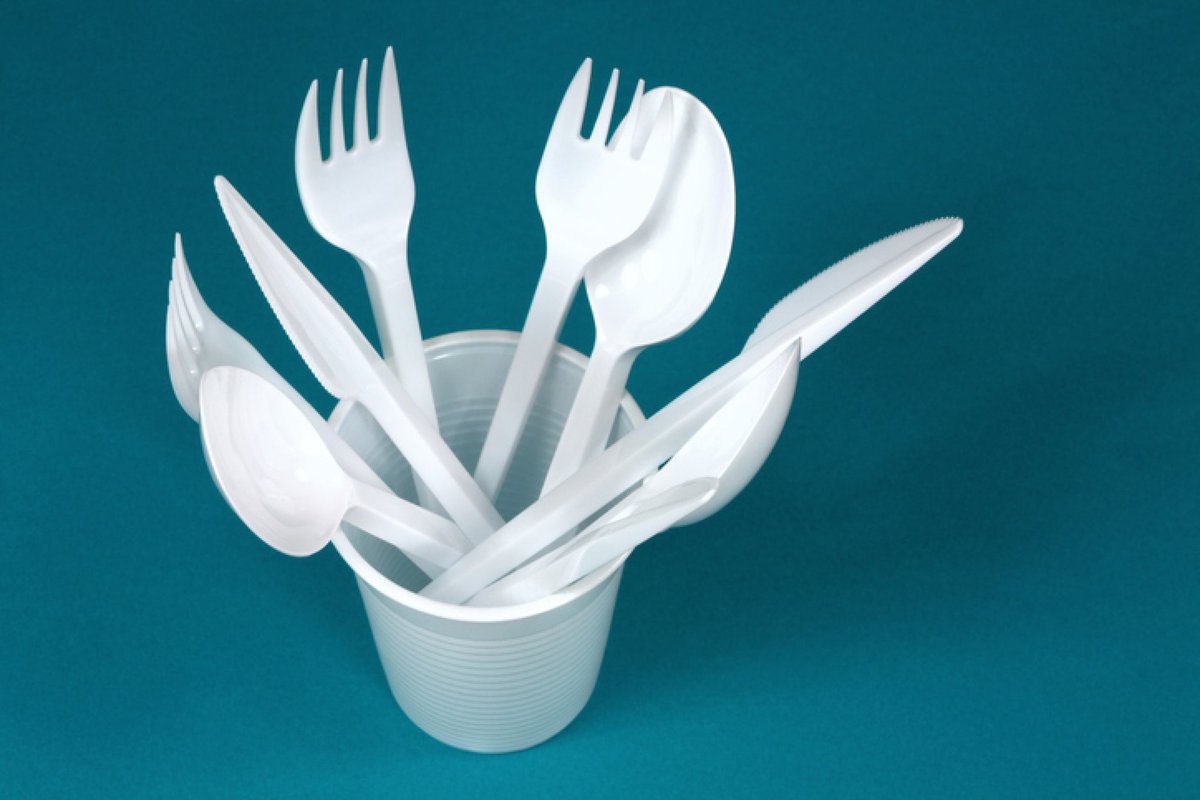
Keep in mind that the patient’s medical history and diagnosis will be unique to them. Therefore, each individual has their own unique response to treatment. It’s possible that there won’t be any side effects at all.
Before beginning treatment for your illness, it is important to have a conversation with the members of your cancer care team about the potential adverse effects of the treatment.
It’s a common complaint among people who have cancer: Chemotherapy has the effect of altering the taste buds, so that using cutlery made of metal suddenly causes a harsh, metallic aftertaste.
Plastic cutlery is one alternative, but it is not exactly the most attractive or cost-effective choice, nor is it the most environmentally responsible choice.
Our silverware is created out of a non-metal, unique material that is designed to resemble the weight and feel of metal forks, knives, and spoons. According to the manufacturer, this alternative to metal silverware exists.
It is said that chemotherapy patients, in addition to everyone else, cannot detect any flavor from our silverware.
When I first learned that commonplace eating utensils were actually made of wood, it was a momentous occasion for me.
How horrible it was to try to eat when all you could taste was metallic or synthetic flavors.
Consequently, I set out to discover a more satisfactory answer. I set out to design something that would
Allow a strawberry fruit salad to taste like a strawberry fruit salad, not like a strawberry fruit salad with other fruits included.
a harsher, more metallic take on a fruit salad.” Even though it is organic and free of BPA, the flatware is not prohibitively expensive. The retail price for the four-piece set includes the case.
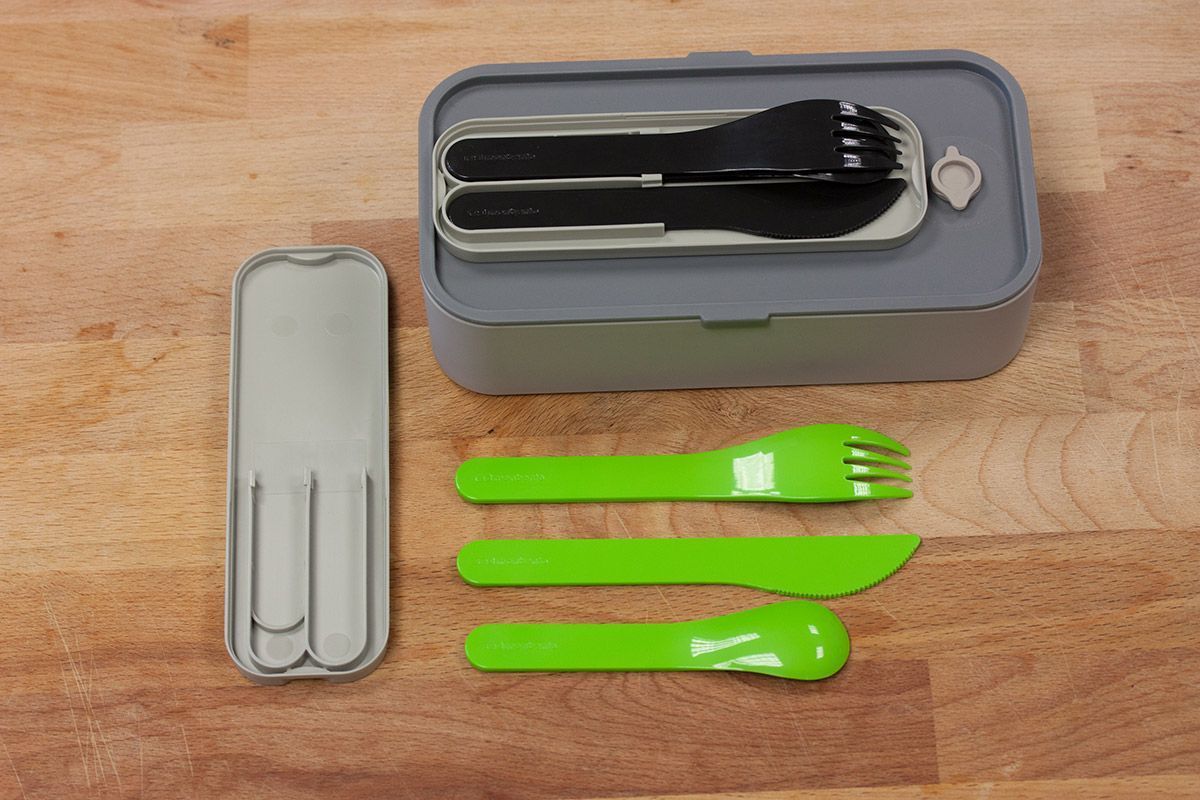
It’s likely that a kitchen supply store near you doesn’t carry any of our goods, but that could change in the near future. This indicates that the machine and injection molding components manufacturer will provide him with complimentary prototyping and short-run production services as a thank you for his business.
Patients undergoing chemotherapy have access to a variety of alternate treatment options; for instance, reusable plastic flatware may perform just as well. On the other hand, our plan is sound. This is a market that is not being adequately addressed, and consumers in this market will definitely be relieved to discover an alternative to food with an offensive flavor.
Plastic cutlery for chemo mouth
While you are eating, you can find that the chemotherapy gives your food a metallic taste. Those undergoing chemotherapy may frequently have alterations in their sense of taste which a tasteless plastic cutlery can be useful for chemo mouth.
Because of this potential adverse effect, the flavor of food and drink may become offensive, and in rare cases, the affected food or drink may even be inedible.
Be reassured that you are not the only one to experience this while undergoing chemotherapy; in fact, it affects almost half of all patients. Although there are various hypotheses that researchers are looking into, it is not totally obvious why patients experience a metallic taste as a side effect. Certain chemotherapy medicines are more well-known than others for being the ones that cause this side effect.
Nitrogen mustard, vincristine, cisplatin, and cyclophosphamide are the ones that are typically mentioned as being the culprits behind this adverse reaction.
How to Deal with It
There are a number of things you can attempt to counteract or hide the metallic taste that you could be experiencing as a side effect of chemotherapy, including the following:
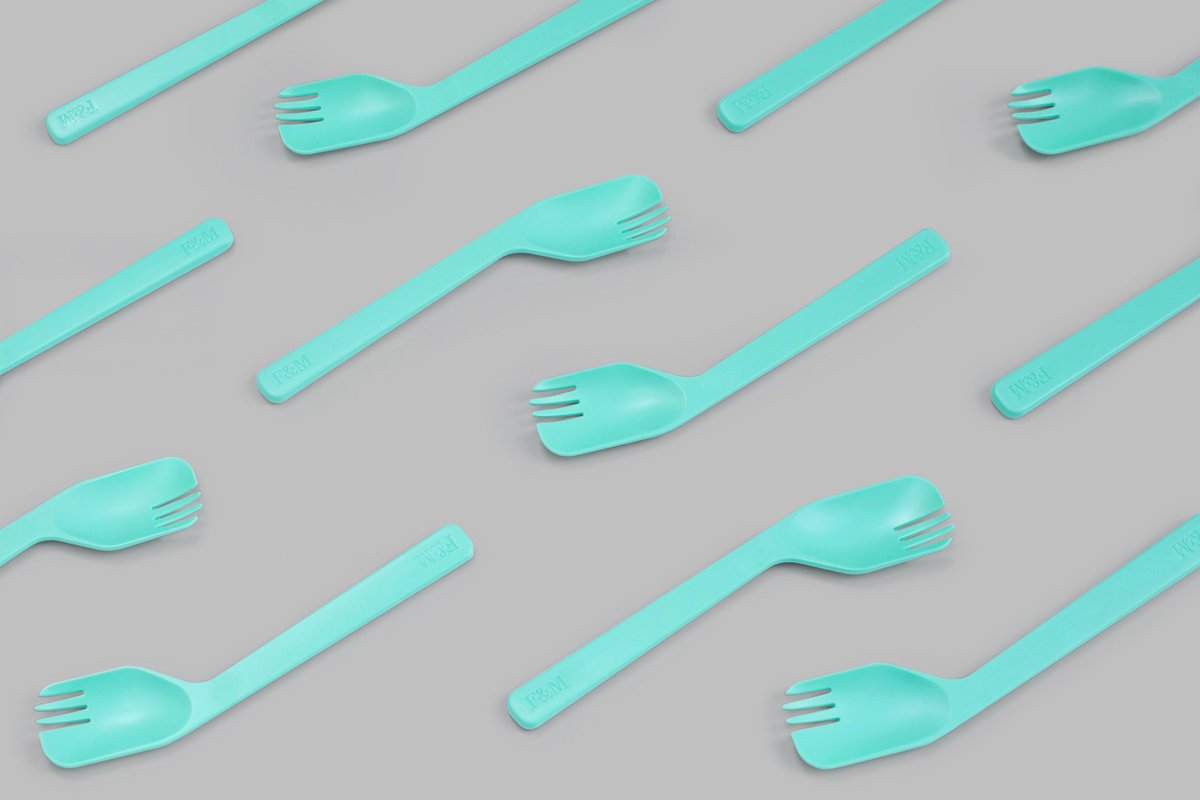
After undergoing chemotherapy, you should wait two to three hours before consuming anything.
Drink acidic liquids like lemonade or limeade. Even while this may assist with the metallic taste, you should steer clear of these beverages if you have mouth sores, and they may be unpleasant if you have dry mouth.
Instead of using metal utensils, you should switch to plastic ones. Keep your mouth free of any metal objects. You could find it more comfortable to eat using high-quality plastic utensils because of the way they feel in your mouth.
Prepare the dish using robust herbs and spices, as this will help cover up the flavor of the metal.
Use sauces like teriyaki, barbecue, or ketchup. These meat and vegetable sauces are packed with flavor and may cover up any unpleasant aftertastes.
Chew gum or hard candy with a peppermint flavor. This can be useful in the time between meals.
Consume ice.
Consume items that are served cold or frozen, such as milkshakes, ice cream, and popsicles. Keeping some popsicles on hand for in the intervals between meals can be a useful strategy.
Always keep in mind that no two persons are exactly alike. Some people find that eating a diet with less flavor helps to reduce the metallic taste, while others find that they need a diet with a lot of sauces and spices to cover it up.
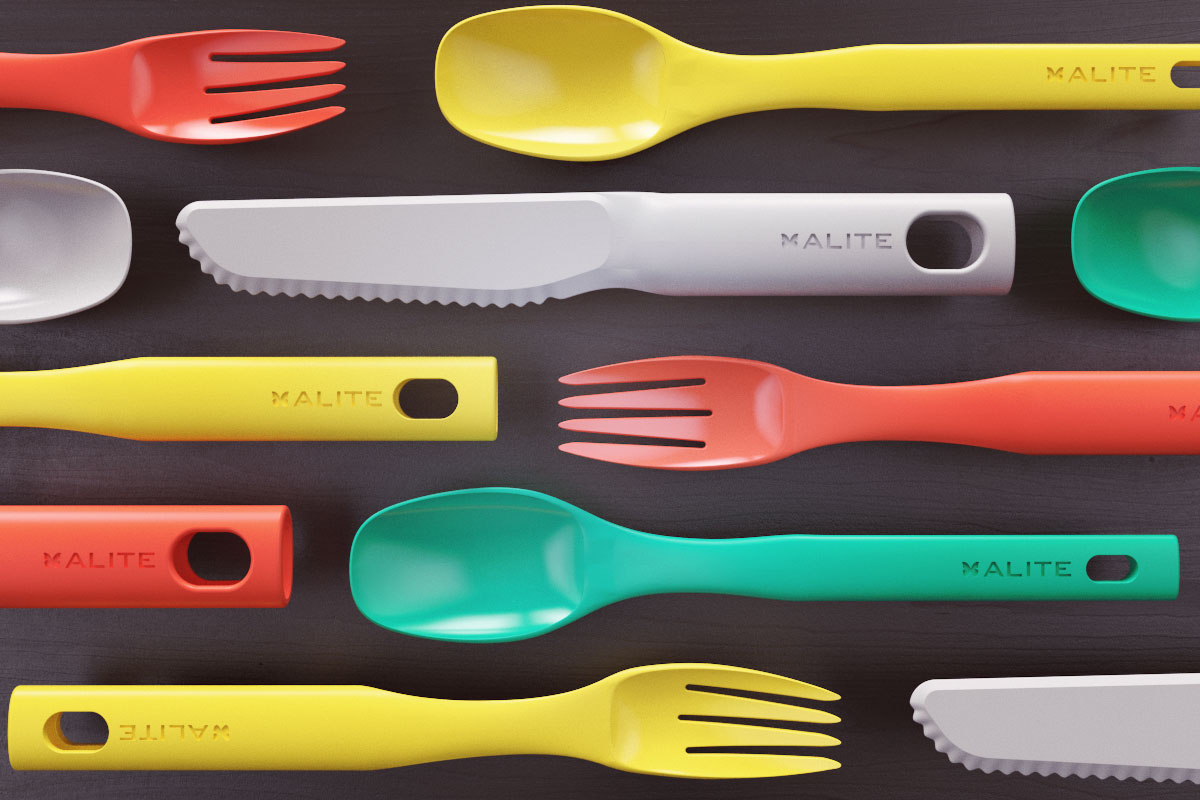
Some people say that red meat has a very metallic taste, while others think that chicken has a more metallic flavor. In order to figure out what kinds of foods work best for you, you will need to do some experiments. It’s possible that something that works well for one individual won’t do the trick for another.
Prevention
Unfortunately, your healthcare professional will not be able to do much to prevent the changes in taste that can be produced by chemotherapy. Despite this, you are obligated to inform them of any treatment-related adverse effects you are experiencing, including this rather common one.
It’s possible that when you taste something unpleasant, your appetite will decrease, and you might even start to avoid particular foods or eating completely. This may result in a reduction of body weight.
It’s possible that this will cause you to skip meals with friends and family, which are otherwise a healthy way to get support from others. This will further weaken your body and make it more difficult for your body to respond to treatment and recover.
You should not take any vitamins or supplements unless your doctor has specifically instructed you to do so. During the course of your treatment, your medical staff needs to be aware of everything you are taking, including vitamins and so-called “natural” therapies, so that they can identify and prevent potentially hazardous combinations.
If you can’t decide don’t worry, we can guide you in order to choose the right product.

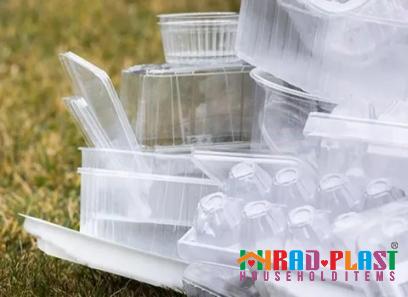







Your comment submitted.